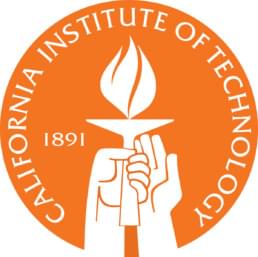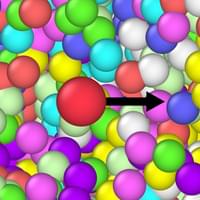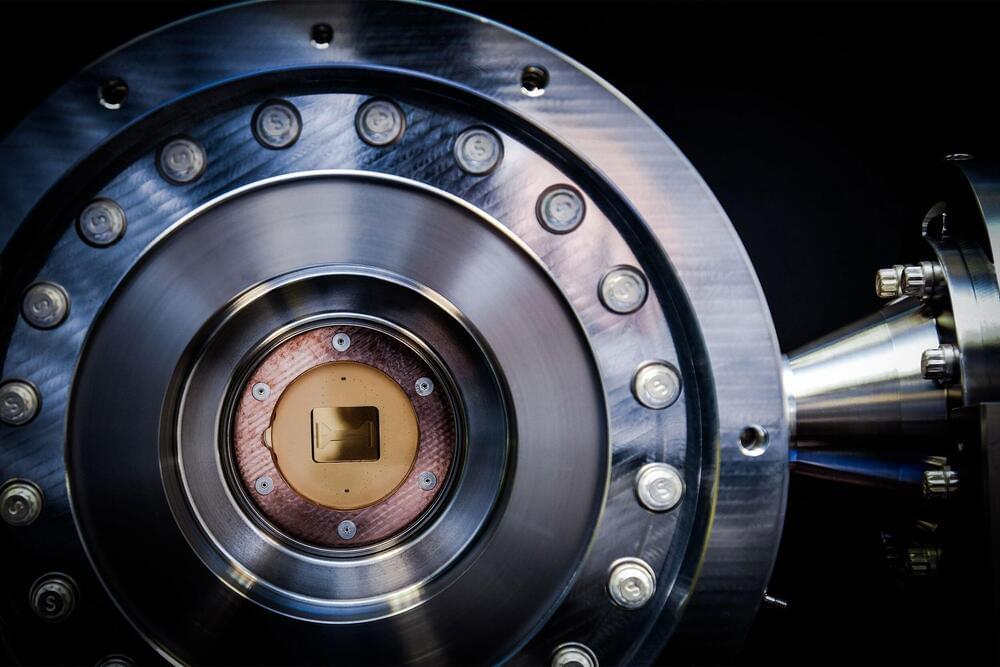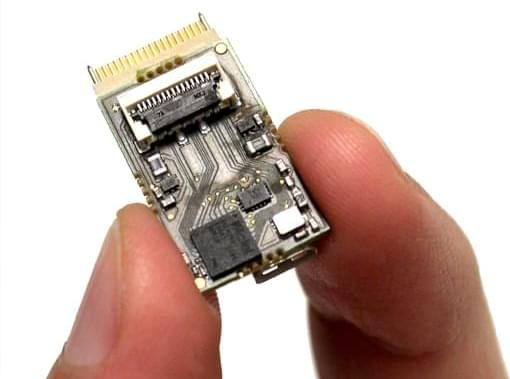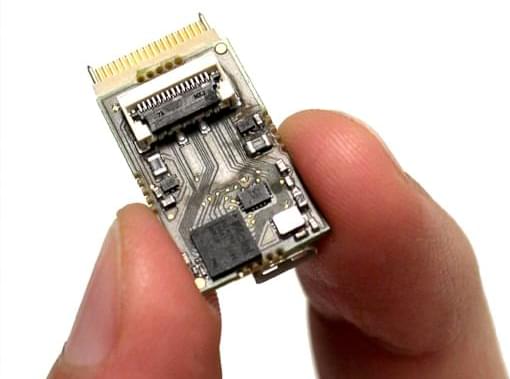The Seva Sustainable Sanitation innovation is a smart, electro-chemical toilet unit, which is suitable for use in off-grid rural areas of developing countries. It can turn toilet wastewater into disinfected water, using the power from its mounted solar panels to sterilise and clarify it. Macronutrients such as carbon, nitrogen, and phosphorus can be nearly fully recovered from the waste, leaving nothing but water that is recycled for flushing or irrigation. The toilet unit is also equipped with sensors, a mobile phone-based maintenance guide, and smart grid technology that empowers anyone in the community to repair the system when necessary. When a toilet is out of order, the technology automatically directs users to other nearby sanitation systems. So far, the solution has been deployed in four countries.
Year 2023 face_with_colon_three
Recycling nutrients is essential for closing nutrient loops within a circular economy. Using locally available resources such as human excreta to produce bio-based recycling fertilizers can substitute mineral fertilizers and thereby promote environmentally friendly food production. To better understand the fertilizer potential and nitrogen value of human excreta, three novel and safe recycling products were evaluated in a field experiment. Two nitrified urine fertilizers (NUFs) and one fecal compost were applied alone or in combination, and compared against the commercial organic fertilizer vinasse. In addition, the uptake of pharmaceuticals was assessed for treatments with compost application. White cabbage (Brassica oleracea var. capitata f. alba) was cultivated in plots in three different soil types (sand, loam or silt) treated with the fertilizers according to plant needs and mineral soil nitrogen content. The two NUFs resulted in marketable yields similar to those of vinasse in all soil types. Combining fecal compost with a NUF led to increased marketable yield compared to compost alone. The highest yield was recorded from the sandy soil, where vinasse and NUF treatments led to comparable yields, as expected in organic productions systems (up to 72 t ha−1). The cabbage yield and total aboveground fresh biomass followed the following trend in all soils: NUFs ∼ vinasse ≥ compost + NUF ≥ compost. Nitrogen uptake in the cabbage heads and total biomass was significantly higher in sand (69.5–144 kg ha−1) than loam (71.4–95.8 kg ha−1). All compost treatments alleviated the effect of soil type and resulted in comparable nitrogen uptake and yield in all soil types. Plant uptake of pharmaceuticals (Carbamazepin) was higher in sand than in loam, and concentration in the edible part was lower than in the outer leaves. In conclusion, NUF alone appears to be a promising successful fertilizer substitute in horticultural food production. The combined application of NUF and compost led to slightly lower crop yields, but may increase soil carbon content in the long term, promoting climate-friendly food production.
In view of a growing world population and the human alteration of nutrient cycles, including nitrogen (N) and phosphorus ℗ (Rockström et al., 2009), transforming food production is a major challenge of this century (Springmann et al., 2018). Both N and P are essential nutrients for healthy plant growth in crop production; however, their addition to synthetic fertilizers is currently organized in a linear economy. The Haber-Bosch process, used to generate plant-available N from its airborne unreactive form, is energy intensive, depending on fossil fuels such as natural gas, and associated with high greenhouse gas emissions (Wang et al., 2021). P is obtained from finite, depleting phosphate rock resources and its mining is increasingly more expensive and polluting (Desmidt et al., 2015). This background emphasize the need for significant improvements of nutrient management in agriculture and for alternative, circular N and P sources to achieve global food security (Gerten et al.
NASA’s Mars helicopter, Ingenuity, has seen its last days of flight — but its friend, the Perseverance rover, hasn’t said goodbye just yet.
Originally published earlier this month by NASA, the grainy raw images of Ingenuity sitting sadly in the sand ripples of Mars’ Neretva Vallis river valley, cleaned up images of the little chopper that could were posted by German design student Simeon Schmauss on on X-formerly-Twitter and Flickr.
The enhanced displays, as Schmauss explained, were created when he pasted together six of the raw images, zoomed in on Ingenuity, and altered the image’s colors “to approximately match what the human eye would see.”
Forces cannot simply be added to the Langevin equation. Momentum transfer from the Brownian particle on the solvent always produces an additional nonequilibrium solvent response force that has highly nontrivial statistical properties.
A leading health-care technology company is experiencing a network outage due to a “cyber security issue,” pausing prescription services at pharmacies nationwide.
Our physical, 3D world consists of just two types of particles: bosons, which include light and the famous Higgs boson; and fermions—the protons, neutrons, and electrons that comprise all the “stuff,” present company included.
Theoretical physicists like Ashvin Vishwanath, Harvard’s George Vasmer Leverett Professor of Physics, don’t like to limit themselves to just our world, though. In a 2D setting, for instance, all kinds of new particles and states of matter would become possible.
Vishwanath’s team used a powerful machine called a quantum processor to make, for the first time, a brand-new phase of matter called non-Abelian topological order. Previously recognized in theory only, the team demonstrated synthesis and control of exotic particles called non-Abelian anyons, which are neither bosons nor fermions, but something in between.
Science fiction writers have anticipated a variety of modern inventions, from cars to organ transplants. Some books barely seem like fiction.
The era of bioelectronic healthcare is dawning upon us. As electronic systems shrink in size and improve in functionality, we see more and more emerging devices that can track vital signs, such as heart rate and blood pressure, realising the grand vision of highly connected sensor nodes monitoring patients’ health beyond the hospital doors. The real revolution in digital healthcare, however, lies in bringing not only the diagnostics but also the therapy to the patient which requires interfacing the world of electronics with biology.
Interfacing the nervous system provides an immense opportunity to observe (through recording) and modify (through stimulation) the functional state of the biological system to fundamentally understand various diseases and health conditions, and to ultimately develop suitable therapies through closed-loop systems [1]. Consequently, a host of neural interface modalities, with varying levels of invasiveness, have been developed over the past decades. Among all, interfacing at the individual neuron level allows the highest level of information transfer from the brain.
Despite the success of devices such as Cochlear Implants, interfacing at the individual neuron level is still severely limited due to challenges such as selectivity (for stimulation) and thermal-limitations imposed on data transmission to prevent neural tissue damage. The latter is a major bottleneck in improving information transfer rate of neural recording systems as they scale up. Hence, there is currently a tremendous drive to develop new enabling technologies for neuroscience to provide insightful views on how motor or sensory information is represented and transformed by the brain, as well as revealing how this complex system is affected by neurological injuries and disease.
PDF | Universe as a partially computable information-processing system | Find, read and cite all the research you need on ResearchGate.
Briahna Joy Gray and Robby Soave discuss a new report on credibility in academic papers. #science #research.
About Rising:
Rising is a weekday morning show with bipartisan hosts that breaks the mold of morning TV by taking viewers inside the halls of Washington power like never before. The show leans into the day’s political cycle with cutting edge analysis from DC insiders who can predict what is going to happen. It also sets the day’s political agenda by breaking exclusive news with a team of scoop-driven reporters and demanding answers during interviews with the country’s most important political newsmakers.
Follow Rising on social media:
Website: Hill. TV
Facebook: facebook.com/HillTVLive/
Instagram: @HillTVLive.
